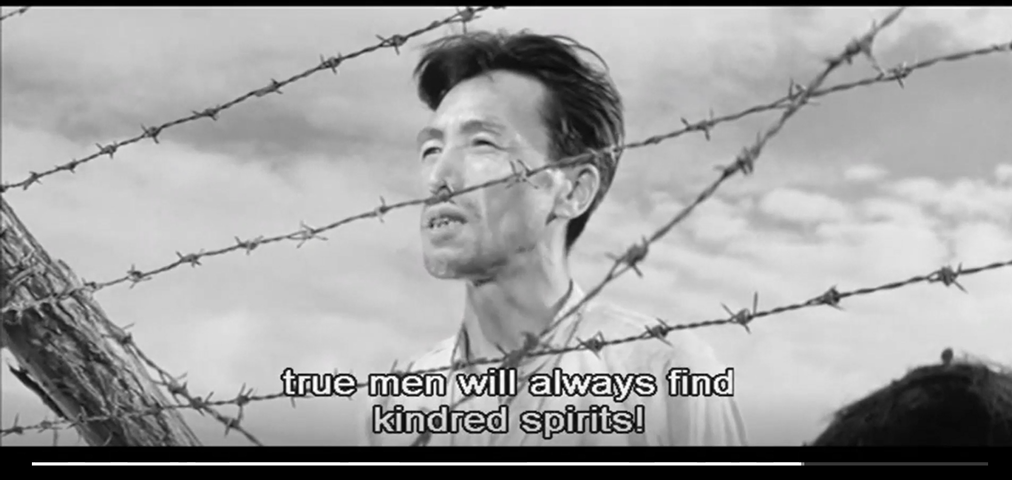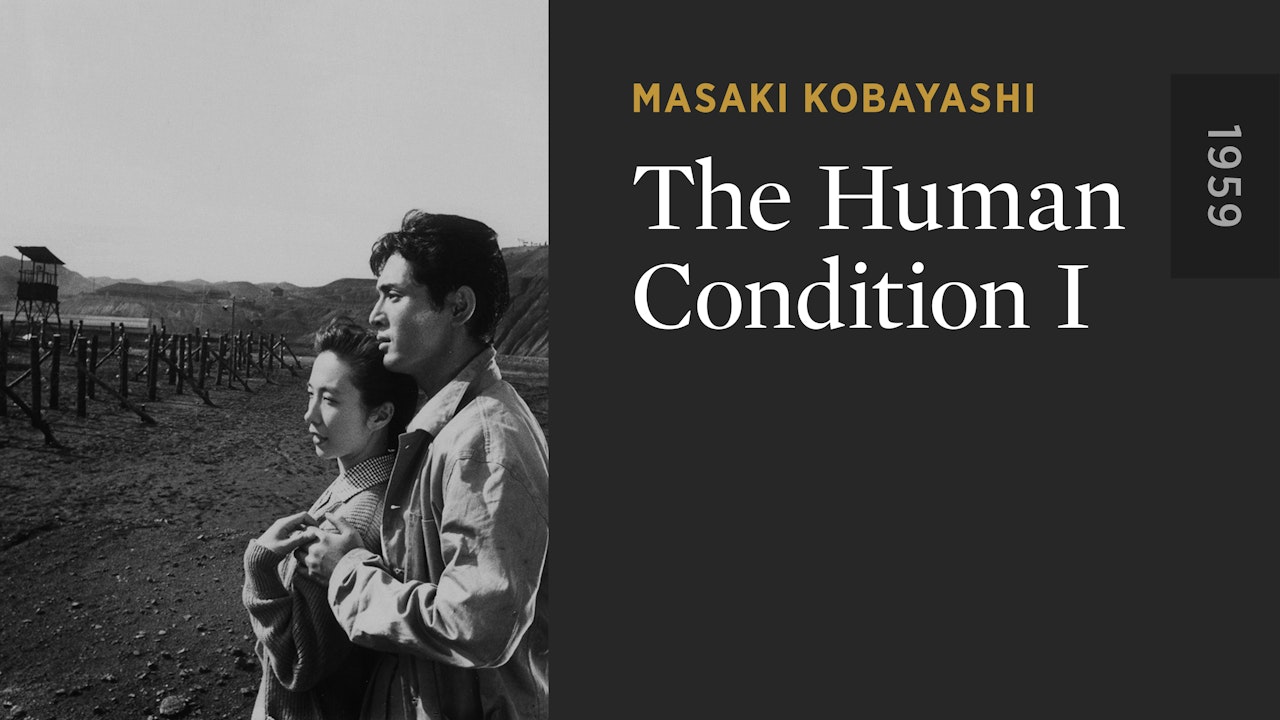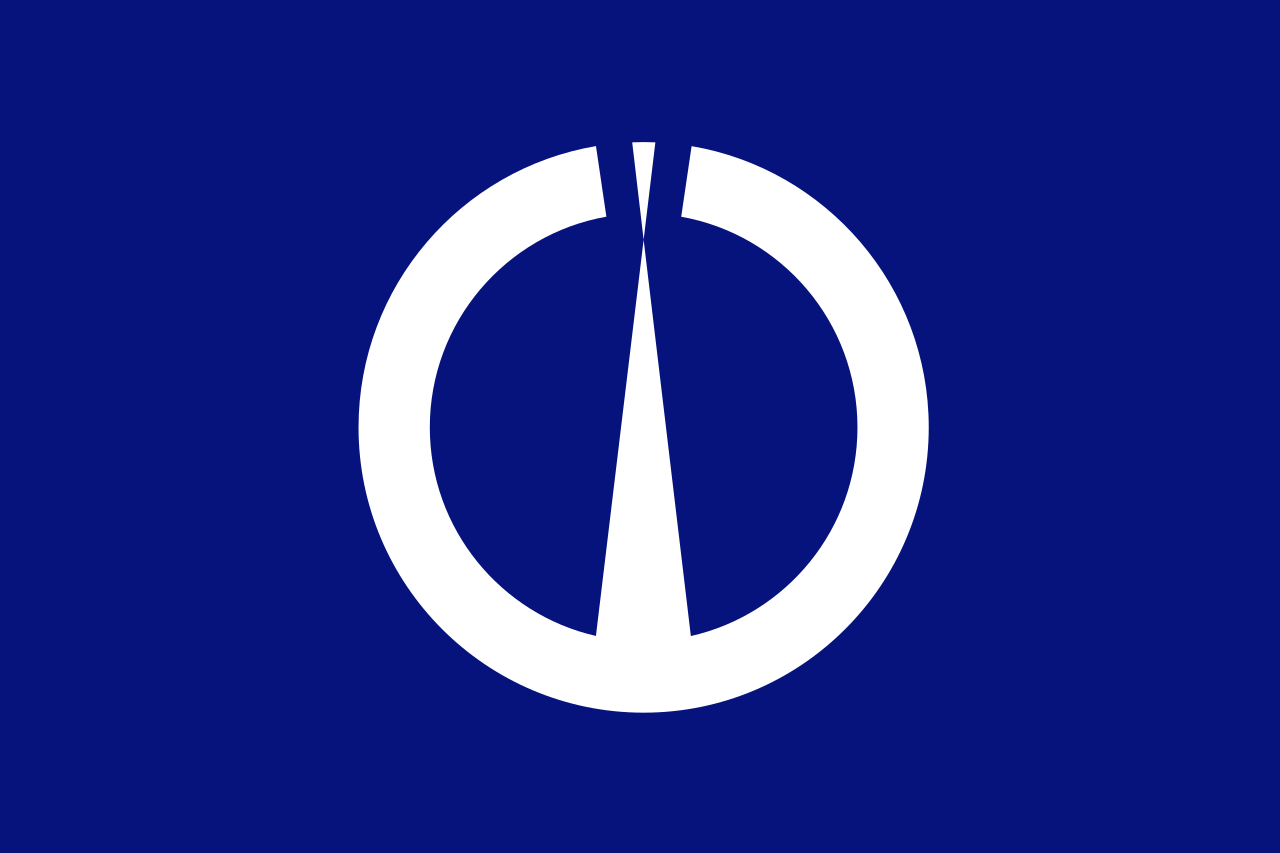Reflecting on 'The Human Condition' by Kobayashi Masaki
You'll either be revealed as a murderer wearing the mask of humanism, or as one worthy of the beautiful name... "man."

Originally written in December 2024
It's the winter break, so I have a bit more time to watch movies. The movie on the go at the moment is 'The Human Condition," from 1961. It's something like 9 hours long, broken up into three parts. It's available on The Criterion Channel, but I've also seen it on the Internet Archive and some other places.

It's based on the semi-autobiographical novel by "Gomikawa Junpei" (Kurita Shigeru), which tells the saga of Kaji, a socialist pacifist who gets a deferment from military service to work as labor supervisor at a Japanese mining company operating in colonial Manchuria sometime shortly after the Battle of Midway marked Japan's inevitable defeat. A small group of Japanese company employees manage several thousand imprisoned and enslaved Chinese POWs.
"Part I" of the three-part epic tells the story of Kaji's struggle to remain humane in inhumane conditions – and the contradictions he tries to ignore that ultimately lead to his inevitable downfall.
The camp produces iron ore for the Japanese Kwantung army, and works closely with the Kempeitai, the brutal Japanese security services. I've just finished Part 1. Kaji is an idealist, and would be coded as a small-L "liberal" or "progressive" today. The main narrative of this part of the epic is how Kaji's well-intentioned motives clash with the realities of running a camp that relies on slave labour.
While Kaji tries to improve the lives of the imprisoned workers, he's blind to the fundamental contradiction of attempting to be humane while enslaving others as part of an imperialist, colonialist and genocidal regime.
This exchange with a POW really resonated with me, particularly as we look back on 2024 and go into 2025.









Despite what Kaji considers to be his best efforts, a group of men will be executed. Here, he is being held accountable for his feelings of helplessness while still being able to wield great power. The problem for Kaji is, in order to wield his power and potentially save innocent human lives, he will likely lose everything he values, except his humanity.

